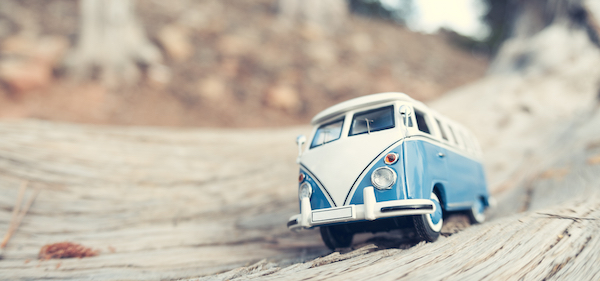Come summer time, Australians love hitting the road in their caravans or motorhomes, going where the notion takes them. With adequate research and preparation, unforeseen circumstances may not be avoided, but the chances of overcoming adversity are increased.
Research is a vital aspect in any expedition and that’s the best way to look at your road trip.
Plan your route
While the idea of just jumping behind the wheel and hitting the open road seems appealing, it is actually important to know where you are heading, what to expect on the way and when you will arrive. Many areas have unpaved roads, kilometres of isolation and the Australian climate varies dramatically from state to state.
Another interesting, and often overlooked factor to a successful road trip, is to know the wildlife habits along your path. A good example of this is in Western Australia, where it is recommended you avoid driving the hour before and after sunset and sunrise. Wildlife is most active during these hours and the risk of hitting animals such as wombats or kangaroos, which can easily damage a recreational vehicle (RV), is greatly increased.
Share your plans
Ensure that friends, family and relevant authorities are advised of your travel itinerary. If people are aware of your route and expected dates of arrival, your whereabouts will be easily traced should something happen.
When to visit where
During summer, Queensland is recommended as a popular tourist destination due to its pristine beaches and perfect climate, whereas summer in the desert regions of Western Australia is often avoided due to the sand becoming dangerously soft in the heat, with temperatures above 40°C. Appropriate clothing can be a saviour in many situations: strong boots are far more practical for hot tar than thongs, but a singlet won’t offer much coverage in torrential rain.
Better safe than sorry
Water and food supplies are critical on any outback adventure. You should always have enough supplies to last you a minimum of three days, the more the better. There are many areas of Australia that do not have roadhouses for more than 180km, and if you were to breakdown on one of these stretches, you would certainly have a better chance of survival with extra food and water.
Carrying extra petrol will eliminate the risk of missing a fuel stop on a long drive. It should also be mentioned that, unlike inner city areas, water, food, fuel and other services may be sold at a premium in rural communities.
Be prepared
Make sure that you are equipped for any emergency. Depending on where you are travelling to, and how you intend to get there (RV, 4WD, etc.), the necessary items to take with you will differ. Some key items any traveller should consider taking with them are a rope, a shovel, fire extinguisher, plank of wood, car jack, oil, spare tyre with tread, jumper leads, an up-to-date tool kit and medical kit and, as mentioned earlier, water, petrol and food. These are considered vital for extended travels.
Back-up communication
Large areas of Australia are still without reliable phone coverage. If you plan on heading through one of these areas, it may be worth considering alternative options to a mobile phone, such as a UHF radio or a satellite phone. If you only have your mobile phone on you at a time of urgency, and reception is not allowing you to dial ‘000’, you should then dial ‘112’. This number can be called even if the mobile phone is locked and will search all networks in an attempt to find service and reach the local authorities.
Pre-trip check up
No, not you – your vehicle, that is. Have your RV serviced before a long trip. While most of us know how to check the water, oil and tyre pressure, ask yourself if you are confident in checking the radiator pressure or the coil-pack currency. Having a mechanic look over your vehicle before your trip will reduce the risk of a breakdown in a small rural town.
Proudly brought to you by Apia. To find out how Apia rewards your experience visit www.apia.com.au

